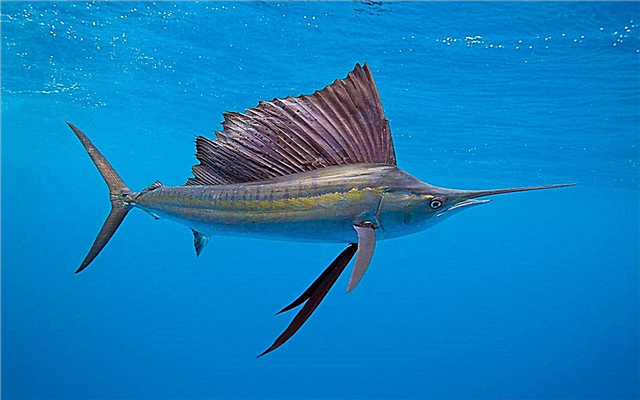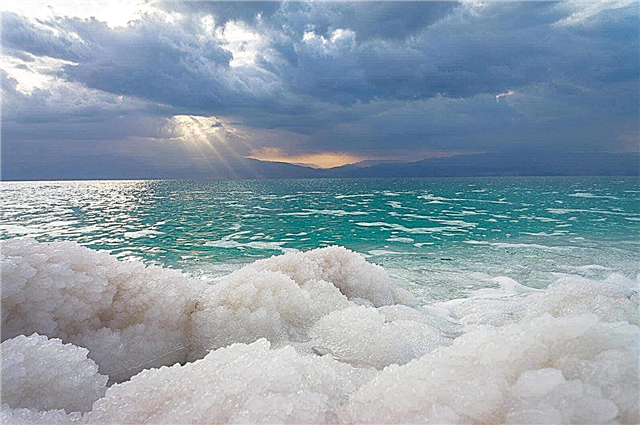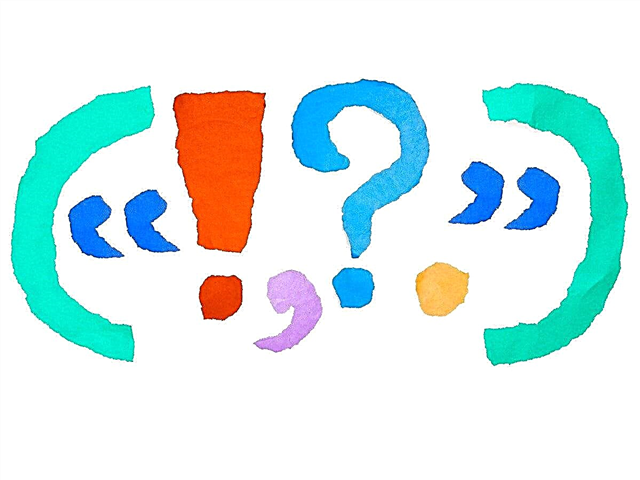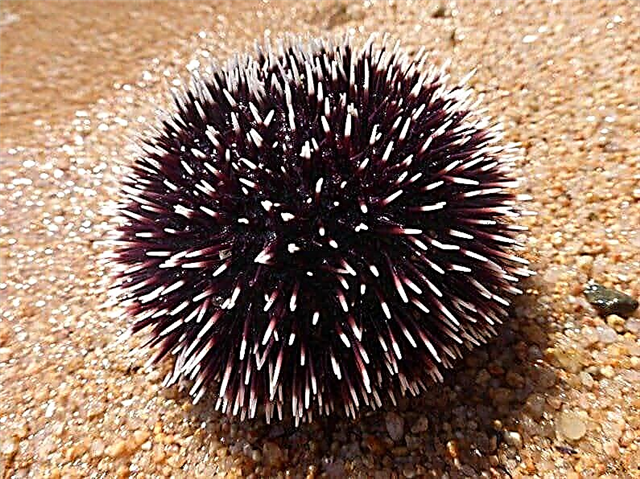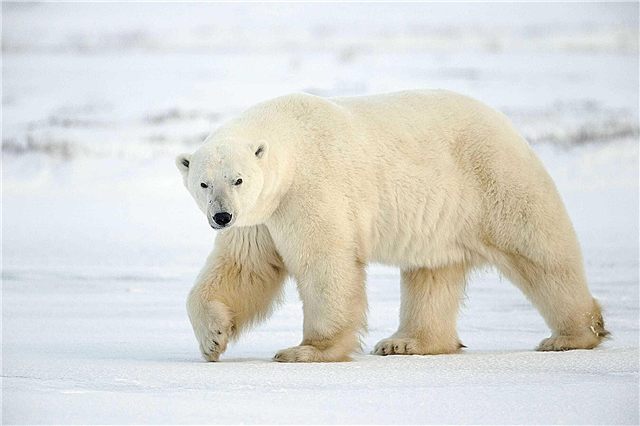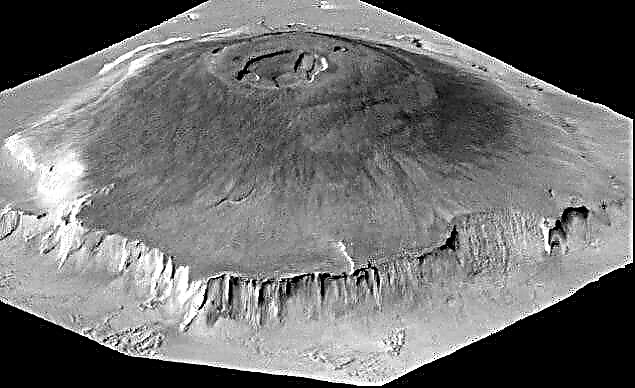
Even a small child can imagine the sea. In the phonetic laconic structure, an expressive harmony of a combination of calm and riffs is heard. It seems that it is no coincidence that the distant ancestors called the sea the sea.
Why the sea is called the sea: linguistic confusion
When considering the structure of the word, both components are clearly traced: “mo” and “re”. The first syllable means multitude (space), as well as liquid, volume, moisture. The second is something strong, not separable, indistinguishable, changeable or continuous.
The origins of the word go back to the Proto-Slavic roots. The ancestors called "MOR`E" then any standing water, a lake, and even a swamp. In the pra-Indo-European language recreated by historians and linguists, a similar “MORRI”, “MERI” was discovered. So designated a vast body of water, not subject to calculation.
Scientists believe that the term originated on the basis of the Indo-European language group (the largest today) back in the days of the Vikings and Celts. When comparing, it is easy to find similar designations among friendly peoples: Polish MORZE, Slovak MORE, Czech MORE, Slovenian MORJE, Belarusian MORA.
In the same period, Latin MARE arose (coincides with the Russian term in the genus - middle), German MEER, Estonian, Finnish MERI, French MER. The last four options are considered by linguists to be borrowed from the German language group.
Why the sea was called the sea: expanding the scope
The development of language necessarily leaves its mark on the lexical meaning of words, and the human imagination is an unlimited help to this. If At first, the term “sea” among the Slavs replaced rivers, lakes, streams, swamps, bays, then over time they called it unknown territory. Single-root “onion”, “overseas” indicate remoteness from the usual habitat zone, the edge of the earth.
Some scholars are convinced that the modern word “death” also refers to the term “sea”. They consider the proof of the theory the similarity of the root part and the “pestilence” that exists independently in the meaning of mass death (epidemic). The sea element was unsuitable for life, because under water you can not breathe.
Linguists are absolutely convinced that the word "sea" belongs to the Pre-Slavic language, which began with the Vikings (in Russia they were called Vikings). The simultaneous formation of similar terms in different nationalities living in the north and east of the continent only confirms the primordially Slavic origin of the name of endless reservoirs.

